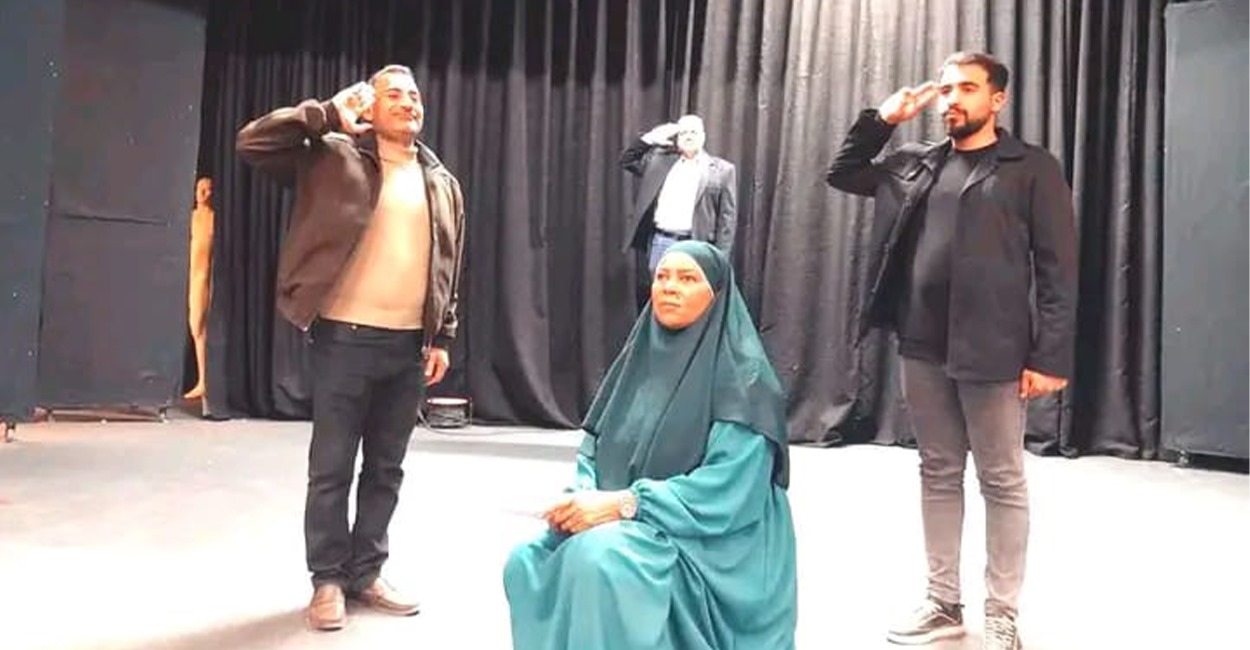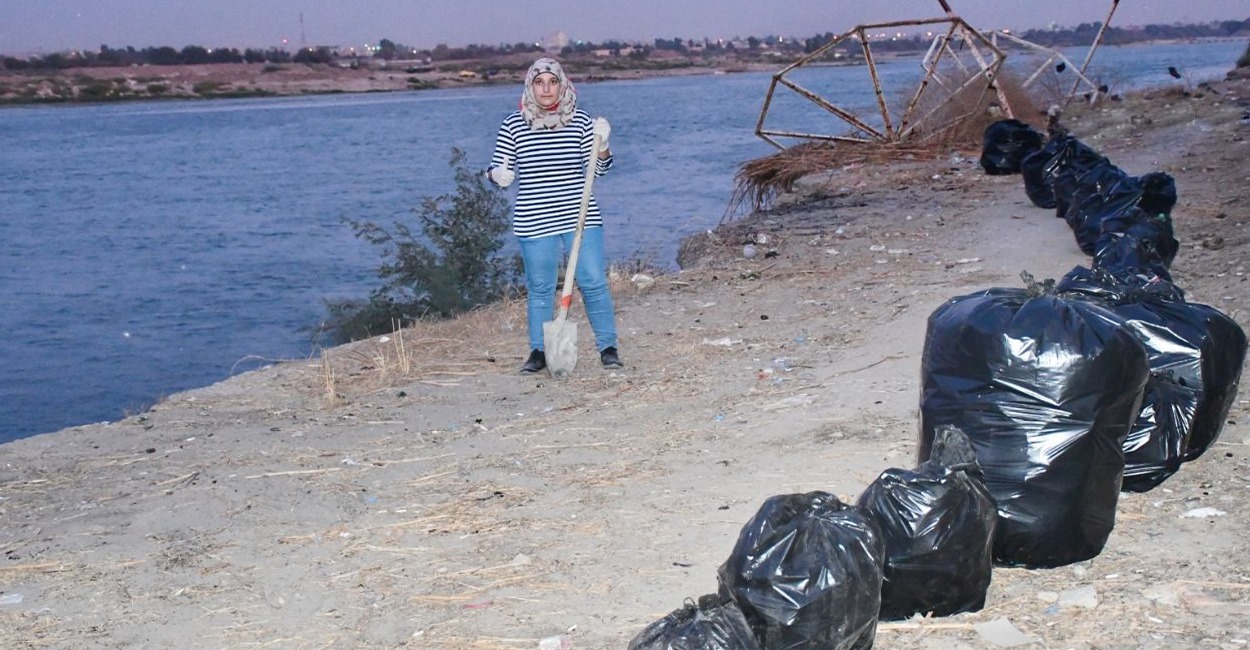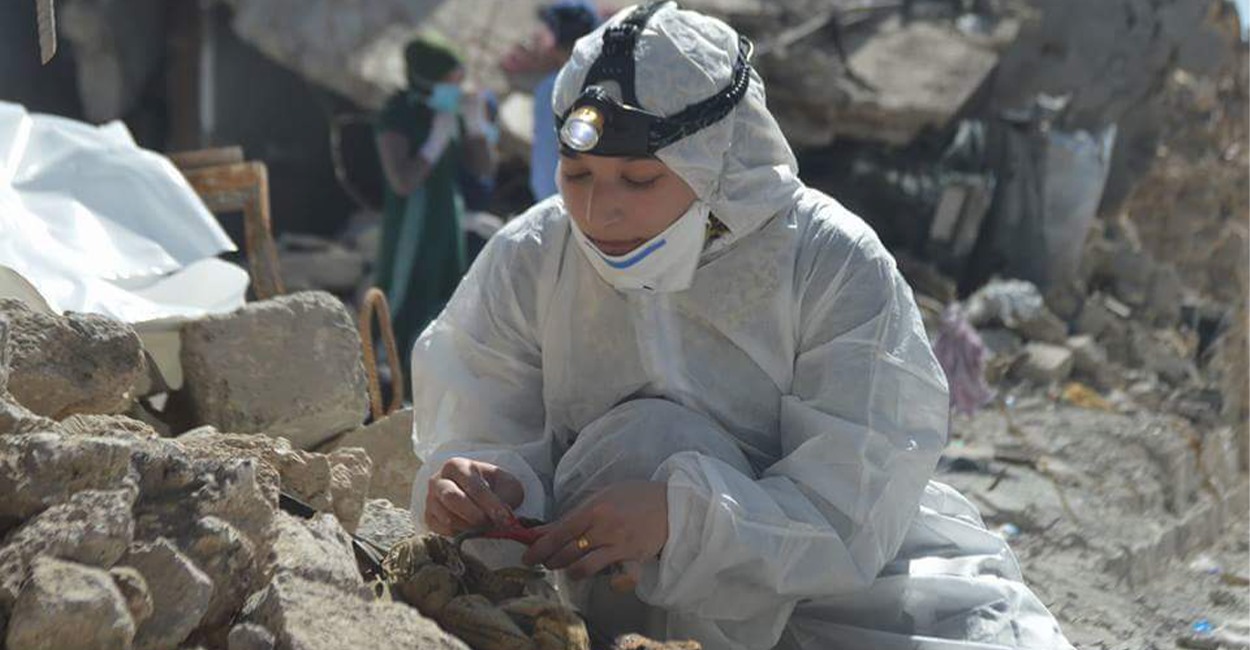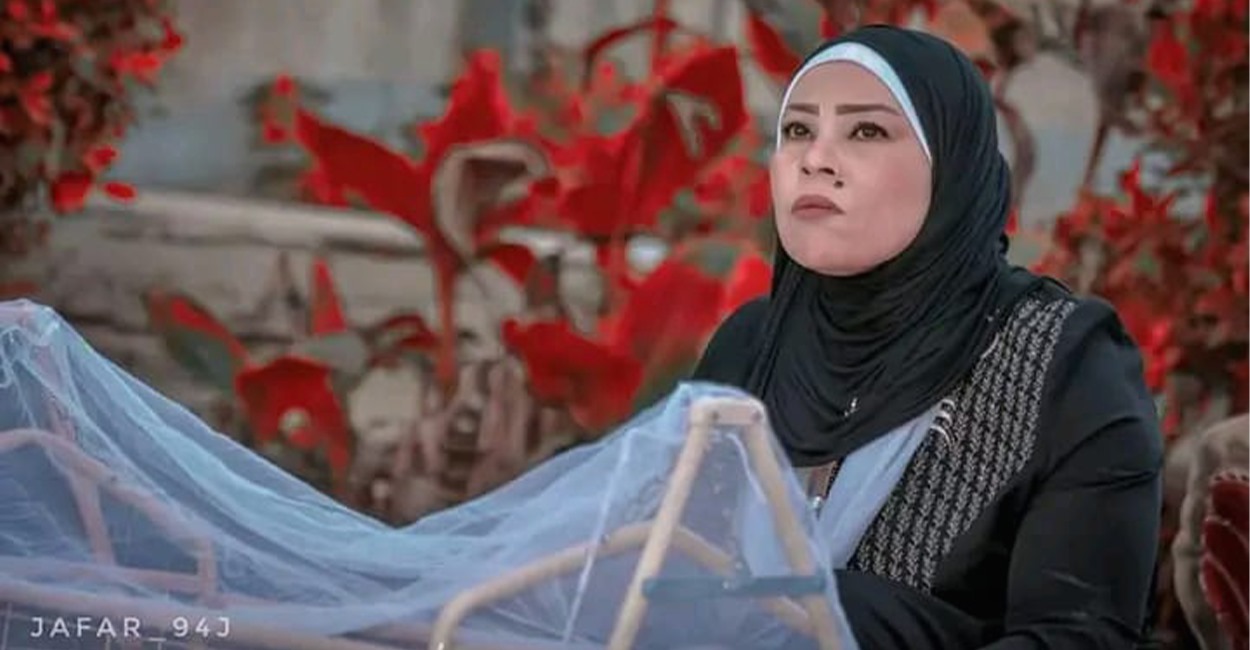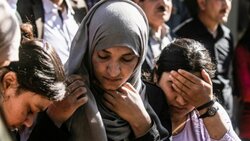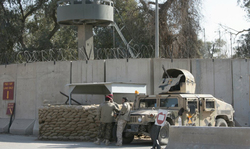On Women's day: untold stories of Iraqi women's triumph over adversity
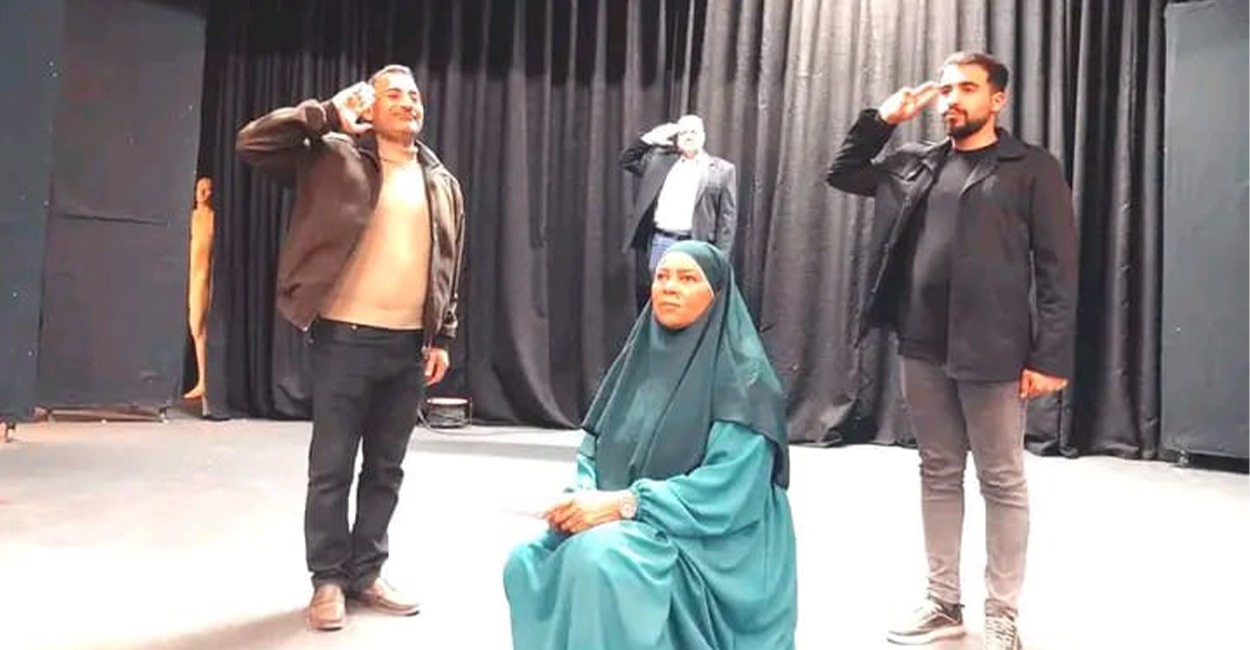
Shafaq News/ As the world celebrates International Women's Day (IWD), the resilient spirit of Iraqi women shines amid the shadows of societal norms and male-centric traditions.
On this eighth day of March, dedicated to honoring women's achievements, the streets echo with the hues of empowerment. But within the fabric of this global celebration lies a tale of strength and determination as Iraqi women defy the odds and face down criticism, emerging as unsung heroes in their communities.
Journey through the narratives of courage, from the battlegrounds of Mosul to the theater stages of Karbala, as we unravel the untold stories of women who have transformed adversity into triumph.
From Treating the Wounded to Retrieving Bodies
Civil activist Sorour Abdul Kareem Al-Husseini chose to treat the wounded during the battles to liberate Mosul from ISIS in 2016-2017 and later participated in the retrieval of bodies.
Al-Husseini tells Shafaq News, "During the battles to liberate the city of Mosul, our house on the right side was bombed, and my family was injured, and my sister was martyred. I had fled to the left side three days earlier, which the Iraqi forces had just reclaimed from ISIS."
"But when I learned that our house was bombed, I returned to the right side, where the ongoing battles were taking place, to see my family. After much hardship, I reached them and assisted them in going to the military hospital for treatment."
Al-Husseini describes the scene at the military hospital, "I saw many wounded and martyrs, including civilians, military personnel, women, and children. After my family received treatment, they wanted to bury my sister in the backyard. However, I refused and asked the soldiers to allow burying my sister in the cemetery. I offered to work with them in rescuing the wounded in exchange for their assistance in burying my sister in the cemetery."
She continues, "The soldiers agreed to my request at great personal risk. We were taken out by an ambulance to the left side. Three days later, I returned to the hospital to fulfill my promise to work as a volunteer. I started working with them to give back amidst their surprise, as the conditions were tough, and the smell of death was everywhere. However, I quickly developed a passion for this work despite the danger of being on the battlefields, and my work continued for five months until the right side and Mosul were completely liberated."
Al-Husseini explains that most citizens lacked sufficient knowledge of first aid during her rescue efforts. Therefore, she decided to provide free educational lessons, graduating 400 male and female first aid providers.
She adds, "After visiting the old city, I found many bodies scattered everywhere, with no serious effort by the relevant government departments, except for the municipality. However, their teams were limited. Therefore, I decided to offer assistance, forming a team of volunteers initially consisting of five people. We began retrieving bodies after obtaining official approvals. Later, the team grew to include more than 30 volunteers. This enthusiasm from volunteers comes despite the strong smell, danger, and war remnants. Afterward, forensic medicine joined the effort. We retrieved more than a thousand bodies in just five months."
The volunteer team leader concludes, "The team currently consists of more than 20 volunteers and has earned the title of the Best Volunteer Team for 2020 in the competition held by the Ministry of Youth and Sports for volunteers."
Stepping onto the Stage, "A Flaw"
Artist Widad Hashim challenged the society of Karbala in her work; she says, "At the beginning of my artistic journey, I faced many difficulties from the Karbala audience because the city has its own specificity as a religious city with its customs and traditions. In Karbala, a woman is expected not to exceed the boundaries of home and education. It is considered a shame for a woman to step onto the theater stage."
Hashim adds to Shafaq News, "But with determination, I turned fears into creativity. I did not give up despite the social structure based on discrimination between men and women. I was determined to face difficulties to achieve my goals and climb the ladder of success."
She continues, "Being Widad Hashim, the first actress in Karbala, is due to the many leading roles assigned to me. I was the only one who played leading roles in important theatrical characters without fear. This happened in the street theater when an actress withdrew at the last minute from the theatrical performance and the role was assigned to me. I achieved unprecedented success through it, touring most Iraqi regions. That's why I was dubbed the Unconquerable Woman, the first in the Middle Euphrates, and Karbala that was not intimidated by the most challenging roles."
Challenges and Marginalization
On her part, Kirkuk Provincial Council member Parween Fatih confirms to Shafaq News that "women are capable of bearing responsibility and overcoming all difficulties, challenges, and obstacles with the strength, will, determination, and patience they possess to achieve their goals in all areas of practical and scientific life."
Fatih mentionned many difficulties and challenges facing Iraqi women due to customs, traditions, and societal norms that society adheres to.
"Women from minorities are marginalized, and the government is the main reason for that. I did not notice a State Minister for Women's Affairs. This is a deficiency; the woman does not have a ministry or national councils to advocate for her or to study projects that serve distressed women, divorced women, and those without shelter. There are only organizations in Iraq, and each has its specific goal."
She explains, "I submitted a proposal to establish a popular market with government investment, specifically for the women of Kirkuk, to employ the underprivileged among them who do not own anything to help them make a living. Local government authorities welcomed the project idea, and we hope its implementation procedures will begin soon."
Notably, women in central and southern Iraq face difficulties finding job opportunities despite their qualifications and obtaining higher academic degrees. These difficulties are related to environmental and family conditions, as society still does not accept women's work, viewing it as a kind of "shame and disgrace."
Iraqi women seek to rely on themselves in various aspects of life, especially in the workforce, to support their families amid the country's challenging economic conditions.
The tapestry of Iraqi women's stories, woven with threads of resilience, courage, and determination, paints a vivid picture of triumph over adversity. These women have emerged as architects of change, breaking down barriers and paving the way for a more inclusive and empowered future.
